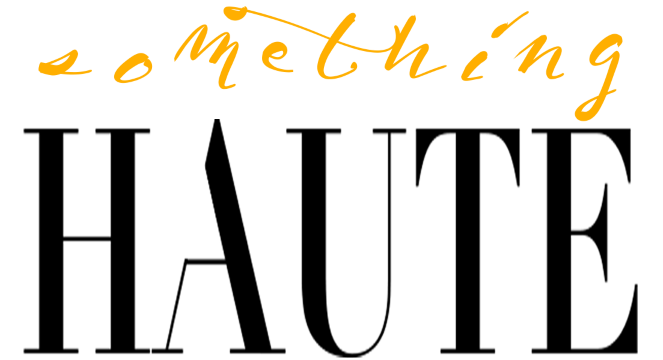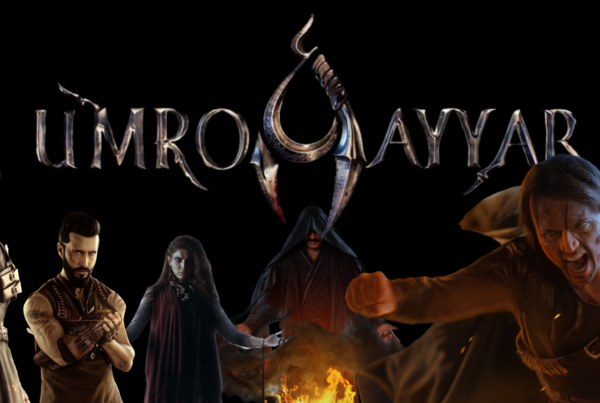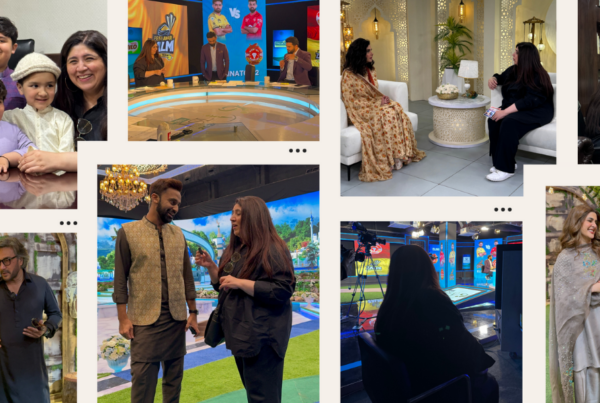Fashion is an easily targeted art form; it’s more than often labelled and reduced to being elitist, classist and sometimes even racist. One has to admit, in an attempt at appearing ‘woke’, misguided and ill-informed designers and even global luxury brands have ended up being tone deaf. Brands as big as Dolce Gabbana, Prada and Gucci have put out campaigns hinged on racist stereotypes. Prada has used the now banned golliwog figure in its marketing campaigns whereas Gucci went a step further when it released a balaclava in which the fabric folded over the models’ mouth as large, red lips. Those were ostensible examples of racism, they caused outrage, after which the brands apologized and retracted the merchandise.
But tone deaf isn’t how you’d describe the current campaign for Elan Lawn, 2020, shot in Lamu, Kenya back in January and released partially in March/April and fully just now. The campaign features Pakistan’s model of the moment, Mushk Kaleem and Kenya’s top male model, Gabu Fords, against a gorgeous backdrop that introduced Lamu as an exotic, colourful and culturally rich destination.

Keyboard activists saw a black model and were quick to thrash the campaign for being racist and having culturally misappropriate undertones. Khadijah Shah, creative designer at Elan and the conceptual guide behind all of Elan’s campaigns, was quick to counter all accusations but then she would, this being her campaign.
One took a critical look at the campaign and compared it with previous examples of racist, elitist or tone deaf fashion shoots. This appeared nothing like the Be My Slave campaign that designer Aamna Aqeel put out, casting a poor labourer against the forefront of glamorous clothes. This was also nothing like Vogue fashion shoots from a decade ago, in which luxuriously clad models would be cast amidst poor villagers, who were used as a backdrop. This Elan shoot featured Gabu Fords, one of Kenya’s top male models and he looked just as much a part of the campaign as Mushk Kaleem, the Pakistani model. Sure, Elan lawn does not make men’s clothing, but he added to the creative concept and was used as a brand ambassador of Lamu.
https://www.instagram.com/p/CBGP8fHgRMa/?utm_source=ig_web_copy_link
One felt that speaking to Gabu may help get clarity on the subject; did he feel he was part of a racist campaign and did he in any way feel exploited or violated when he was working on it?
Several thousands miles away, technology connected us and we spoke via phone call, this morning. Gabu, who’s a model, actor and also a journalist, was aware of the controversy the shoot had sparked.
“I really don’t understand. It’s crazy,†he said, speaking from Nairobi. “It’s like any other normal shoot using a black model. Are they saying that black models are not supposed to model?â€
They did the shoot in January but released it now; perhaps the timing – with George Floyd’s murder and the movement it sparked – was the actual problem?
“I’ve been following the campaign, which they released on Instagram in March or April so why wasn’t this an issue back then? Why did no one complain then and choose this moment to raise a voice?â€

Did you feel the campaign was racist in any way, I asked?
“If they had treated me in a certain way, which they did not, I would have called it racism. But I thought of this an opportunity. I’ve lived and worked in India for a year; my agent is from Pakistan and I’ve done shoots with white models. Why is there an issue with this one? I think it maybe depends on the people of your country.â€
How would you define racism?
“I don’t know how to define it,†Gabu laughed out. “It’s all about respect. Racism is an extension of classicism. It’s all about respect. This shoot was awesome; we were good. If we had a problem, I wouldn’t be posting their pictures.â€
“I don’t know how to define racism. It’s all about respect. Racism is an extension of classicism. It’s all about respect. This shoot was awesome; we were good. If we had a problem, I wouldn’t be posting their pictures.â€
Through this shoot people got to see Lamu, he added, shooting down any hint of cultural misappropriation. “You guys can actually open the market for black people,†he continued. “In India, I was booked for all kinds of sports shoots.â€
There was no question of exploitation either, as the model very clearly stated that he was paid what he had quoted.
Fashion is all about aesthetics and product campaigns don’t just sell merchandise, they also sell lifestyles and are aspirational.
“Most black models prefer to work with white models because the colouration and contrast makes for a great visual,†Gabu concluded. “They make a great portfolio.â€
And that’s what this Elan Lawn 2020 shoot presents: a great portfolio. Let’s just appreciate it for what it’s worth and not aim to make an issue just because we can.





